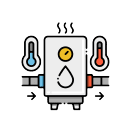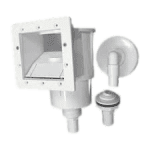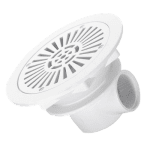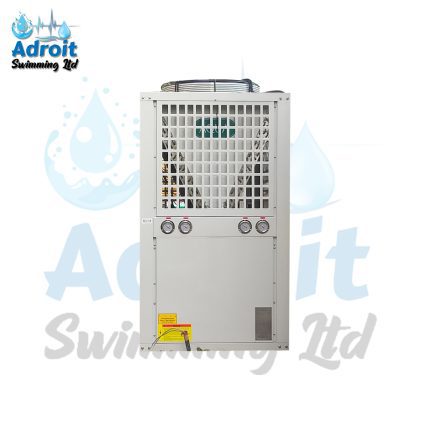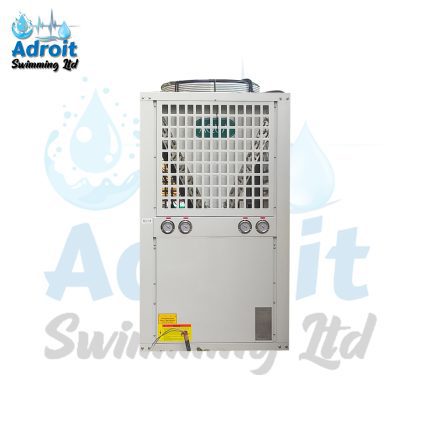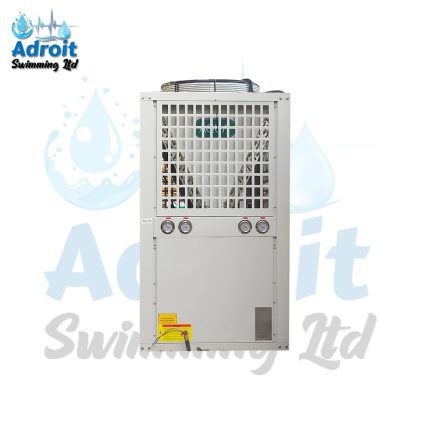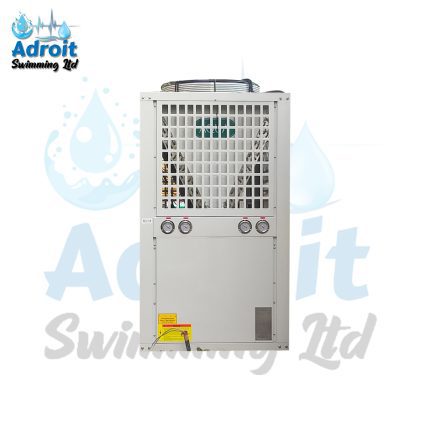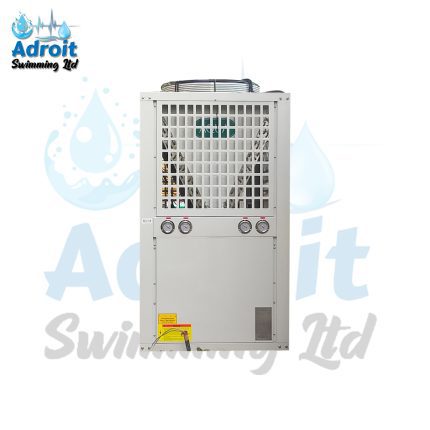Heat Pump
A heat pump for swimming pools is an energy-efficient device designed to maintain a comfortable water temperature by transferring heat from the surrounding air into the pool. Using minimal electricity, it absorbs heat from the air and amplifies it through a refrigerant process, making it cost-effective compared to traditional heaters. Heat pumps are durable, with corrosion-resistant components that handle outdoor environments. Ideal for extending the swimming season, they operate quietly and are environmentally friendly due to their reduced carbon footprint. With easy-to-use digital controls, pool heat pumps offer consistent warmth, allowing swimmers to enjoy their pools year-round.
Swimming Pool Heat Pump: Efficient Heating for Year-Round Enjoyment
As swimming pools become an increasingly popular feature for homes, the ability to maintain a comfortable water temperature throughout the year is essential for maximizing enjoyment. Enter the swimming pool heat pump—a highly efficient and environmentally friendly heating solution that allows pool owners to enjoy warm water, even during cooler months. Understanding how heat pumps work, their benefits, and considerations for installation and maintenance can help you make an informed decision for your pool heating needs.What is a Swimming Pool Heat Pump?
A swimming pool heat pump is a device that uses electricity to transfer heat from the air (or, in some cases, water) into the pool water, effectively raising its temperature. Unlike traditional pool heaters that generate heat through combustion (such as gas heaters), heat pumps operate using a refrigeration cycle. This method makes them highly efficient, as they can produce more energy in heat than they consume in electricity.How Does a Swimming Pool Heat Pump Work?
The operation of a swimming pool heat pump can be broken down into four main components:- Evaporator Coil: The process begins with the evaporator coil, where the heat pump absorbs heat from the outside air. Even in cooler temperatures, there is some heat present in the air, which the evaporator can extract.
- Compressor: The absorbed heat is then compressed by the compressor, raising its temperature. This is a crucial step, as it transforms the low-temperature gas into a high-temperature gas, ready for heating the pool water.
- Condenser Coil: The high-temperature gas flows into the condenser coil, where it transfers its heat to the pool water. As the gas releases its heat, it condenses back into a liquid state.
- Expansion Valve: Finally, the liquid refrigerant passes through an expansion valve, reducing its pressure and allowing it to flow back to the evaporator coil. This cycle repeats continuously, providing a steady supply of warm water to the pool.
Benefits of Using a Swimming Pool Heat Pump
- Energy Efficiency: One of the most significant advantages of heat pumps is their energy efficiency. For every unit of electricity consumed, a heat pump can produce several units of heat, often achieving efficiencies of 400% or higher. This translates to lower energy bills compared to traditional heating methods.
- Cost-Effective Operation: While the initial investment for a heat pump may be higher than that of gas heaters, the long-term operational savings often make them more cost-effective over time. Lower energy costs can lead to significant savings, especially for pools that are used frequently.
- Environmentally Friendly: Heat pumps utilize renewable energy from the air, making them a more environmentally friendly option than fossil fuel-based heaters. By reducing greenhouse gas emissions, heat pumps align with sustainable practices and contribute to a healthier planet.
- Versatility: Heat pumps can be used for both heating and cooling pool water, providing versatility for different seasons. Some models even allow users to adjust the temperature settings to suit their preferences, enhancing overall pool comfort.
- Low Maintenance: Heat pumps generally require less maintenance compared to gas heaters. Regular cleaning of the filter and ensuring the unit is free from debris are typically the only maintenance tasks needed. Additionally, many heat pumps are designed to be durable and long-lasting.
Considerations for Installation and Use
- Climate Suitability: While heat pumps are highly efficient, their performance can be affected by ambient air temperatures. They work best in moderate climates, as extremely low temperatures can reduce efficiency. However, advancements in technology have improved the performance of heat pumps even in colder conditions.
- Sizing the Unit: Choosing the right size heat pump for your pool is crucial. An undersized unit may struggle to maintain the desired temperature, while an oversized unit can lead to higher operational costs and inefficient heating cycles. Consulting with a professional can help determine the appropriate size based on pool volume, location, and usage patterns.
- Location of Installation: The placement of the heat pump is important for optimal performance. Ideally, it should be installed in a well-ventilated area with adequate clearance around the unit for airflow. Keeping the unit away from obstacles can enhance efficiency and prolong its lifespan.
- Installation Costs: While the upfront cost of heat pumps can be higher than other heating methods, it’s essential to consider the long-term savings on energy bills. Evaluating the total cost of ownership, including installation, maintenance, and operational costs, will provide a clearer picture of the investment.
- Thermal Covers: To maximize the efficiency of your heat pump, consider using a thermal cover for your pool when not in use. This helps retain heat, reduces evaporation, and minimizes the load on the heat pump, leading to further energy savings.






